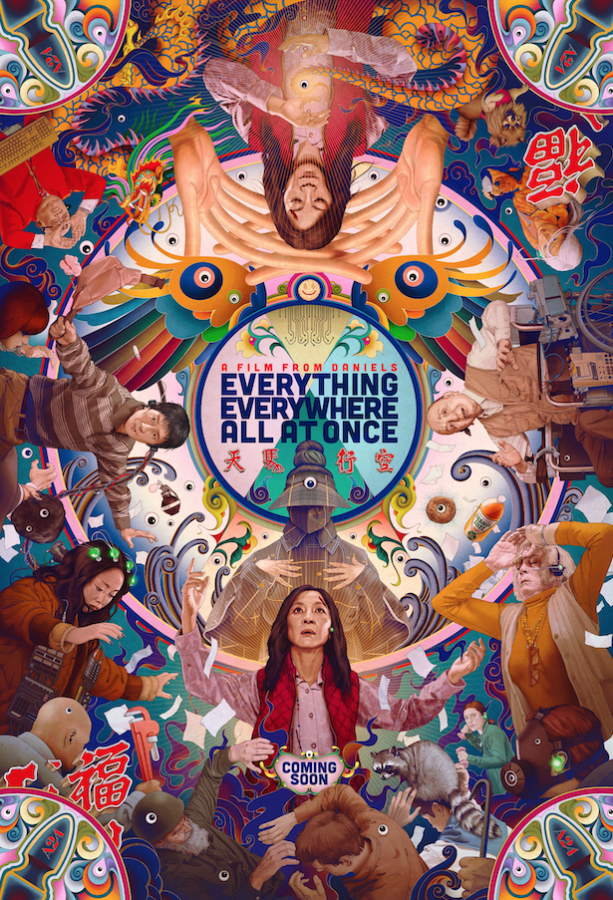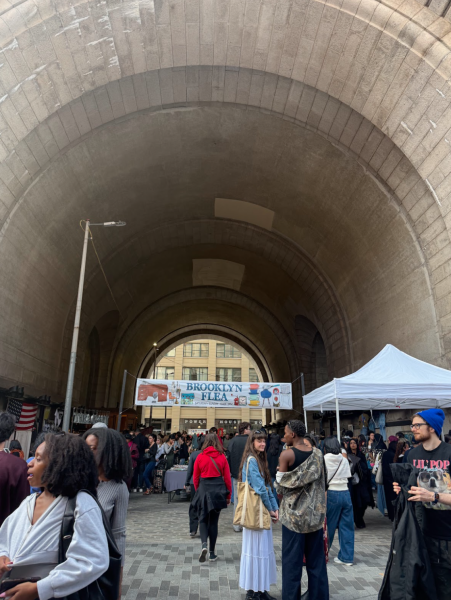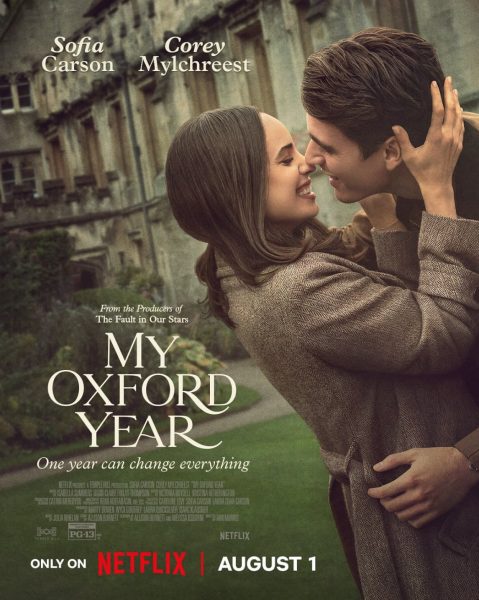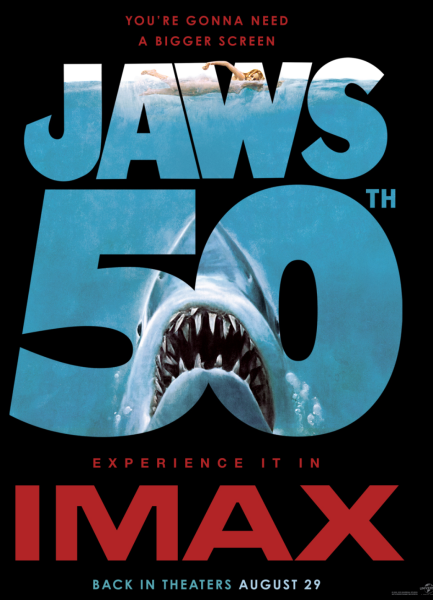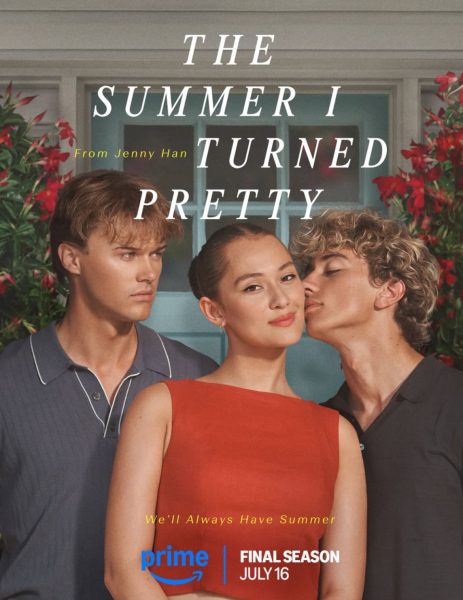Corporate Cinema: Is There No Alternative?
Whatever happened to the movies? It’s a ridiculous question at first glance (they’re still making these things last I checked), but I ask it in all seriousness. Up until the onset of the pandemic, going to see a film was something akin to a religious ritual for many, and movie theaters punctuated many a rainy day and offered a brief respite from the back to school advertisement induced dread. But the pandemic marked a rapid shift in moviegoing trends. Now, theaters feel emptier than a Baptist church on a Sunday afternoon during the NFL season. Sure, a light scattering of dedicated acolytes and poindexters still permeate the pews, but they’re a sorry sight compared to the full congregation. And when the congregation does decide to show up, it’s only ever for familiar holiday services — CGI filled Marvel blockbusters, yet another “Jurassic World” sequel, “so bad it’s good” guilty pleasures and the like. Indeed, the highest grossing movies these days lack any sort of longevity, eternally doomed to become streaming service footnotes or bargain bin DVD rubbish. So how did we get here?
Just ask the Department of Justice. In 2020, they declared the Paramount Decrees — a set of guidelines established by the 1948 Supreme Court decision U.S. v. Paramount Pictures which found the vertical integration practices of old Hollywood studios to be monopolistic and in violation of the Sherman Antitrust Act — were outdated and that those business practices could never be recreated in the age of digital streaming. They were wrong, of course, and they severely underestimated how greedy large entertainment conglomerates can be. The Paramount Decrees were important because they separated the studios from the distribution of their films. Theaters and distributors had a larger say in what movies they could play and how long they could play them for. But, as of 2020, studios have regained control of distribution through streaming. Don’t want to potentially lose money on a film? Just throw it on our exclusive streaming service that only plays our movies, now available at the low price of $29.99 a month! Such is the logic of the Jordan Belfort worshipping Wharton School graduates who inexplicably decided to make a quick buck off of an industry they really couldn’t care less about.
The current state of American cinema is worse and even more monopolistic than it was in the early 20th century. At least back then people had the choice of seeing a Hawks or Hitchcock film. Today, audiences get all of the corporate greed and none of the timeless studio-produced pictures that defined that period of film history. And all this isn’t to say that there aren’t any quality films that are still being made today.
On the contrary, this year’s “Everything Everywhere All At Once” and “Nope” prove that audacious and original blockbusters aren’t extinct, and new works from auteurs like Bong Joon-ho and Damien Chazelle are on their way too. But these types of films aren’t the ones that are being prioritized by studios. According to the list on IMDB, eight of the 10 highest grossing films of the 2010s are Disney releases, with the other two being Universal films. Each of those films are sequels or reboots. By contrast, the highest grossing films of previous decades showcase a greater degree of originality and a lesser amount of studio dominance. I’m not saying that the top 10 highest grossing movies should ideally consist of foreign or art house films.
But the current trends in moviegoing are worrying nonetheless, as the original, imaginative films that Hollywood became known for making in the first place are being shelved in favor of easy cash grabs. And the worst part? We’re all complicit. After all, why pay $15 for a ticket to a movie you might not even like when you can watch the newest Spider-Man movie right from the comfort of your own home?
The great critic Pauline Kael, in her piece “Why Are Movies So Bad?”noticed the seeds of this corporate cinema being sown before her very eyes. “In all probability, it will get worse, not better,” she wrote in 1980. She would likely fall to her knees and weep if she could see just how right she was. But things aren’t entirely hopeless. After all, money talks. So next time you’re thinking of going to the theater, buy a ticket to a movie you’ve never heard of before. The best films aren’t the ones you want to see; they’re the ones you didn’t even know you needed to see.





































































































































































































